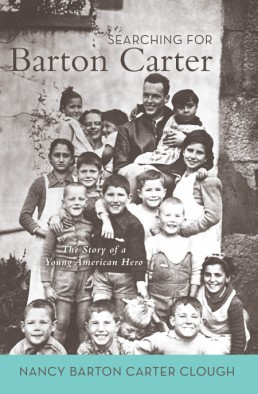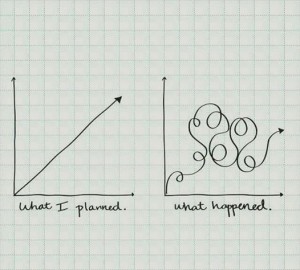
Searching for Barton Carter
The Story of a Young American Hero
Searching for Barton Carter is a narrative biography that explores the life of a young American who saw the horrific effects of Fascism on the children of Spain and responded with bravery and dedication to rescue them.







23 Responses to David Brooks’ Search For A Meaningful Life Helps Us All